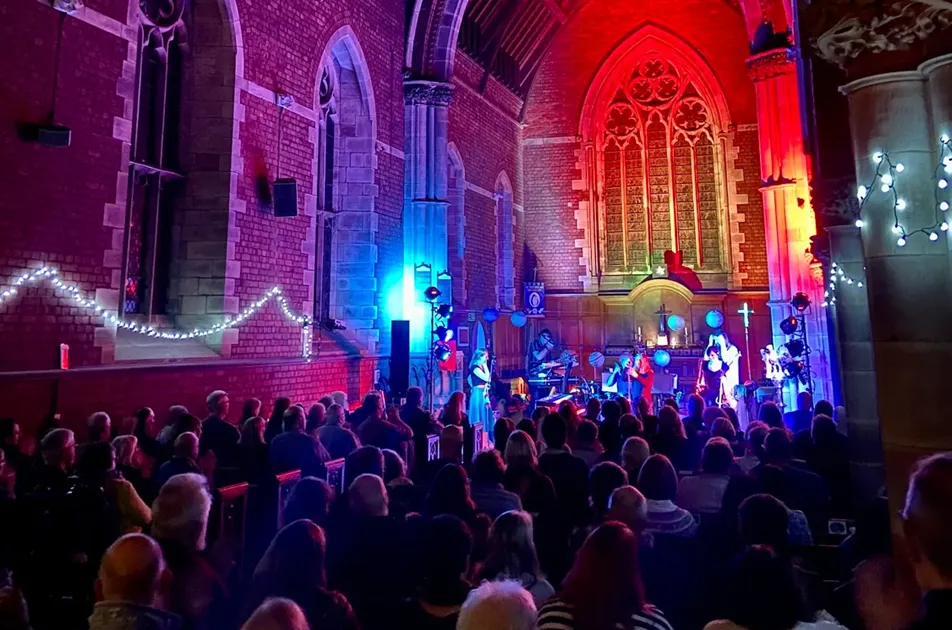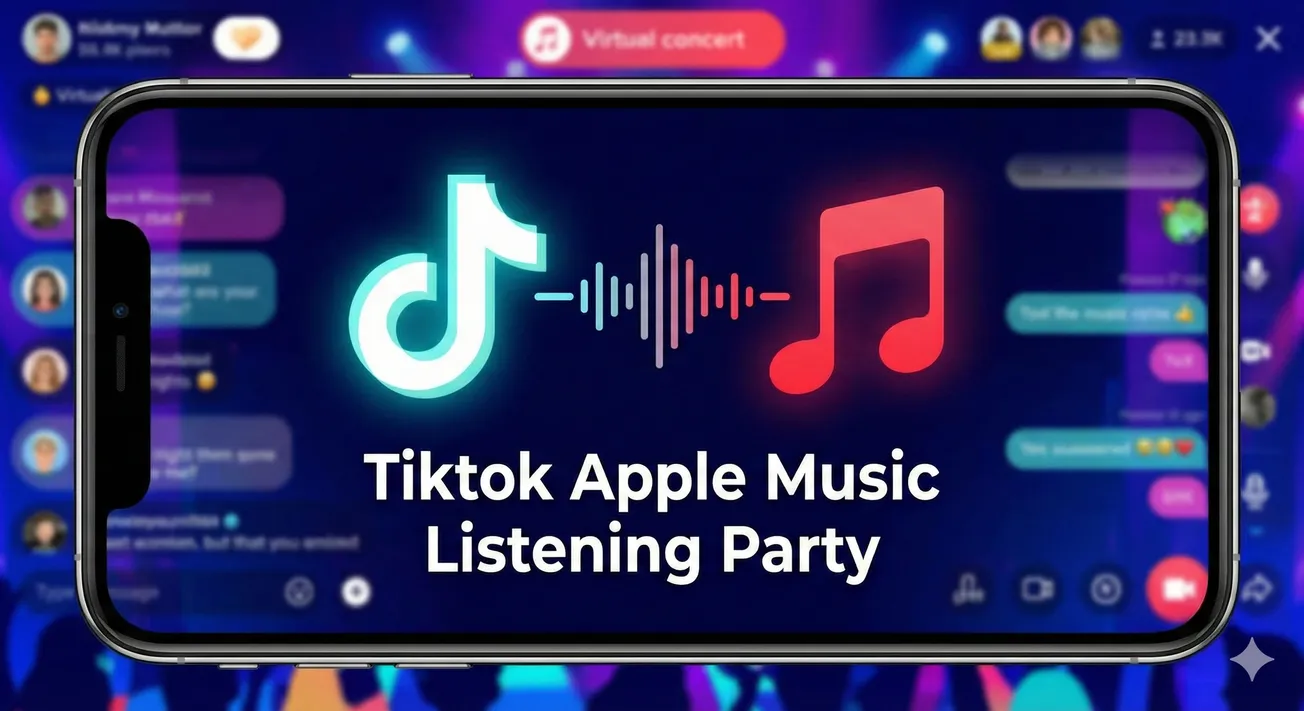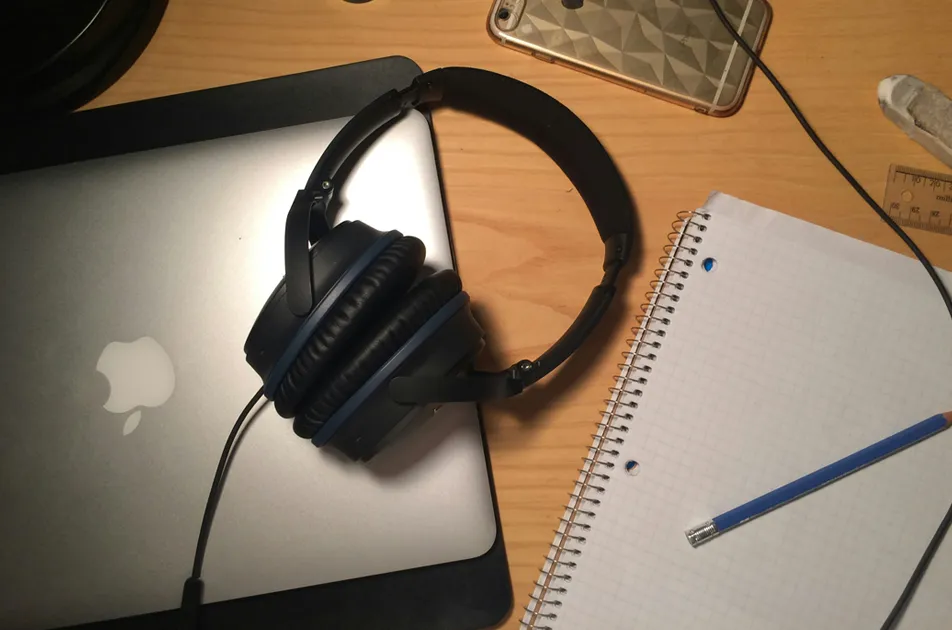____________________________________________
By Adam Levine, Founder & CEO of TokenlyThroughout the history of recorded music, the cost purchasing songs has remained remarkably inflexible. The cost of vinyl records, cassettes, and CDs generally stayed within the space of a few dollars on the high and low end; mp3’s almost always sold for $0.99 or $1.29; streaming services charge the same flat fee no matter how much music you listen to. But any artist or fans knows that not all songs are equal, both from a financial and emotional standpoint. A song written in a basement in twenty minutes and recorded on a four-track or laptop has one (low) cost; another song with two co-writers, samples, and guest verses costs much more — yet there is almost no price difference between the two."In most other industries, the cost of production is factored into the cost of the product."In most other industries, the cost of production is factored into the cost of the product. A shirt made by an experienced tailor costs more than something made in sweatshop; a meal made with locally-sourced, high quality ingredients costs more than mass produced fast food. But music has been stuck in a place where artists have almost no say in how much they want to charge fans — and fans who are willing to pay more are spending money elsewhere. The prices have largely been set by other entities whose business is selling “music” and who may themselves see every song the same — but there are changes coming.Related articles











